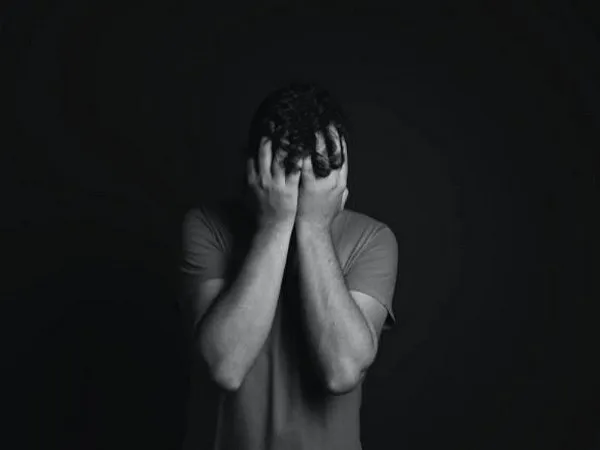Chinese police and government agents send petitioners and activists to psychiatric wards for medically-unnecessary compulsory treatment, where some languish for years, according to a report by Safeguard Defenders.
The Madrid-based NGO used secondary sourced interviews of victims and their families and found 99 people had been locked up in psychiatric wards 144 times in the seven years from 2015 to 2021, covering 109 hospitals in 21 provinces, municipalities or regions across China.
“In China, posting a political comment, submitting a complaint about a corrupt official, or shouting slogans in the street, will quickly get you locked up in a detention centre. Or it might get you committed to a psychiatric hospital,” the said report titled Drugged and Detained: China’s psychiatric prisons.
It says the Chinese Communist Party (CCP) is still routinely locking up political targets in psychiatric hospitals despite implementing legal changes to stop this barbaric practice more than a decade ago.
In the name of stability maintenance, the CCP is able to remove petitioners and activists entirely out of the justice system, with no hope of seeing a lawyer or going to trial. According to the Safeguard Defenders, the Chinese authorities do this under the pretext of “diagnosing” them with mental illness so that they are socially isolated even after release.
“It’s important to note that this number is ‘just the tip of the iceberg’. Countless more cases would not have been noticed by NGOs and media, especially in this climate of fear under Xi Jinping that has increasingly closed off China to the outside world,” the group says.
Such numbers indicate that sending political prisoners to psychiatric wards is widespread and routine in China.
Twenty years ago, the world was horrified by news that China was sending activists and critics to psychiatric prisons. It was called Ankang, after the system of police-run psychiatric hospitals for the criminally insane.
Under intense international and domestic criticism, Beijing said it was cleaning up its act. Between 2012 and 2013, it passed a new Mental Health Law to stipulate that compulsory treatment must be approved via medical assessment and revised its Criminal Procedure Law to give judicial oversight to police-enforced psychiatric commitment.
But Safeguard Defenders’ research has proved that these legal reforms have absolutely not worked.
“Police and government agents continue to arbitrarily send petitioners and activists, sometimes repeatedly (one woman in the study had been sent 20 times!) to psychiatric commitment, both within the Ankang system and in general medical facilities,” the NGO said in the report.
The report goes on to state that doctors and hospitals are either coerced by, or collude with, the authorities by allowing this abuse to take place. There is no oversight, despite it being written into the law, it adds.

